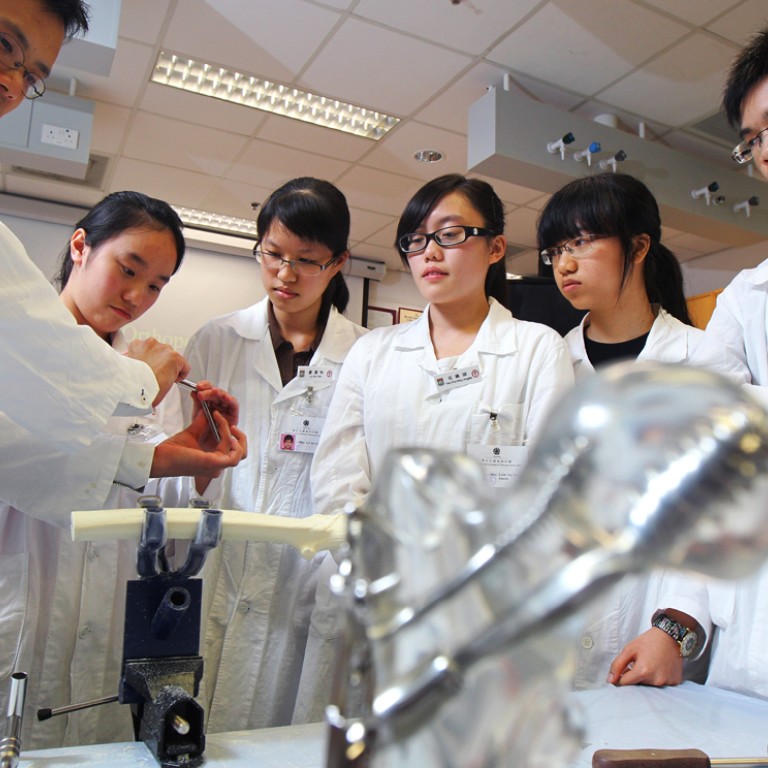
Hong Kong's doctor shortage will not ease until 2020: government report
Minister reveals plan for more medical school places after HKU study says chronic lack of health professionals could last five more years
The government may further increase the number of openings in the city's two medical schools to meet the long-term demand for doctors after a new study found that the chronic shortage of medics would not begin to ease until 2020, the health minister told the
Dr Ko Wing-man said the increase was needed in addition to the current plan to raise the number of medical school graduates from 250 last year to 420 by 2018. The Secretary for Food and Health did not say how many more openings might be added.
It will still be a hard time from now until the year 2020 due to the shortage
Ko's comments come as a study by the University of Hong Kong, commissioned by the government to assess the demand for health professionals, showed that a shortage would persist "over the years" despite measures to retain and attract talent.
"It will still be a hard time from now until the year 2020 due to the shortage," Ko said yesterday. The full report would be released later this year, he said.
"When releasing the report, we would not rule out the possibility of suggesting a further increase" of medical students, Ko added. Public hospitals are currently operating with a consistent shortage of some 250 doctors, as medics opt for more lucrative jobs in private clinics.

Local doctors' groups blamed the shortsightedness of the previous administrations, which reduced the number of medical school openings from over 300 to around 250 between 2003 and 2009, amid a manpower surplus.
The publicly funded HKU and Chinese University operate the city's only two medical schools, for which the government dictates the number of openings each year. Intakes were increased to 420 in 2012.
The increase in addition to that "would not be drastic in a short period, as the medical schools may not be able to cope", Ko said. "So we may adopt a gradual approach."
He added that any manpower planning must avoid creating another surplus, which could lead to unemployed doctors.
Public hospitals require some 6,200 doctors by 2041 in order to maintain the level of service comparable with today's, the authority said. They will need to attend an additional 18,000 new beds, as the population is expected to grow by 1.3 million to 8.5 million.
Last week, Financial Secretary John Tsang Chun-wah announced that the authority's funding would increase to HK$49 billion, up nearly 50 per cent over five years ago.
Ko also pledged to provide a long-term blueprint to cope with the exponential growth in demand for health care by the city's ageing population.
"It would be hard to ensure what we have planned would be executed by the next administration. But it would be irresponsible ... not to plan and prepare for the problems likely to emerge 10 years to 30 years later," Ko said.


